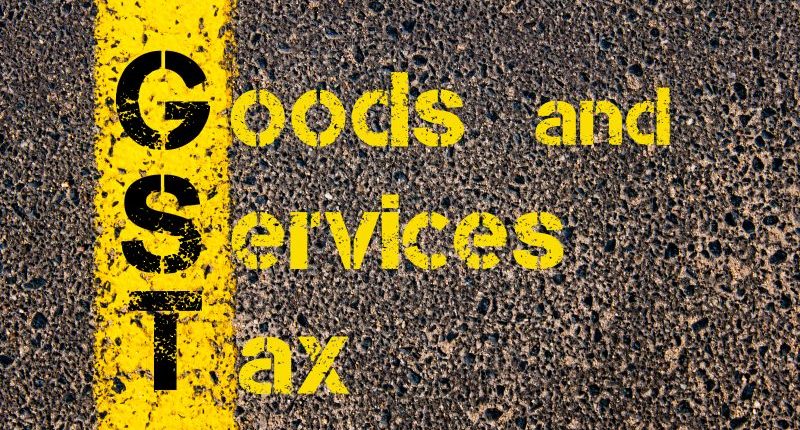The businesses having more than Rs 20 crore turnover have to start generating e-invoices from 1st April 2022. This recent extension will increase the number by 1.8 lakh businesses, and the total businesses raising e-invoices will cross 4 lakh.
As the applicability date is a few days away, you should have re-configured their ERP/accounting software to generate e-invoices. Under e-invoicing, you have to upload B2B invoices on the government portal and get authentication before sharing them with the customers/buyers. Also, the same data will be auto-populated to the GST portal and e-way bill portal.
Now, let’s see what happens if e-invoicing applies to you from 1st April 2022 and you don’t generate e-invoices.
The non-generation of e-invoice for a B2B transaction will be considered as the invoice was never issued. It leads to the below penalties for each instance:
- Penalty for non-issuance of invoice – 100% of the tax due or Rs.10,000, whichever is higher
- Penalty for incorrect invoicing – Rs.25,000
Invoice being the primary document/proof for a transaction, you’ll face other severe consequences. Firstly, the invoice data will not be auto-populated to your GSTR-1 and your buyer’s GSTR-2A. In this scenario, your buyer can not claim Input Tax Credit (ITC) for the tax already paid. Then the buyers will not accept the goods or make payments without a valid tax invoice being issued. Ultimately it will hamper your business.
Also, if you have transported the goods without a valid e-invoice, the department may detain the goods and the vehicle and impose a penalty accordingly. Further, the department also plans to restrict the generation of e-way bills without an Invoice Reference Number (IRN). So this will lead to further complications in generating e-way bills and movement of goods from your premises.
Hence, to avoid all these severe consequences and penalties, it is recommended to adopt a smart e-invoicing solution to integrate your ERP/accounting system with the e-invoice portal within minutes. Also, your e-invoicing solution shall be auto-scalable, fast, reliable, secure. Last but not least, your e-invoicing solution shall reduce all the reconciliation complications by managing e-invoice generation using advanced tools, insightful dashboards and reports.
For any clarifications/feedback on the topic, don’t hesitate to contact the writer at dvsr.anjaneyulu@cleartax.in.
DVSR Anjaneyulu known as AJ, is a Chartered Accountant by profession. Loves to listening to music & spending time with family and friends.





